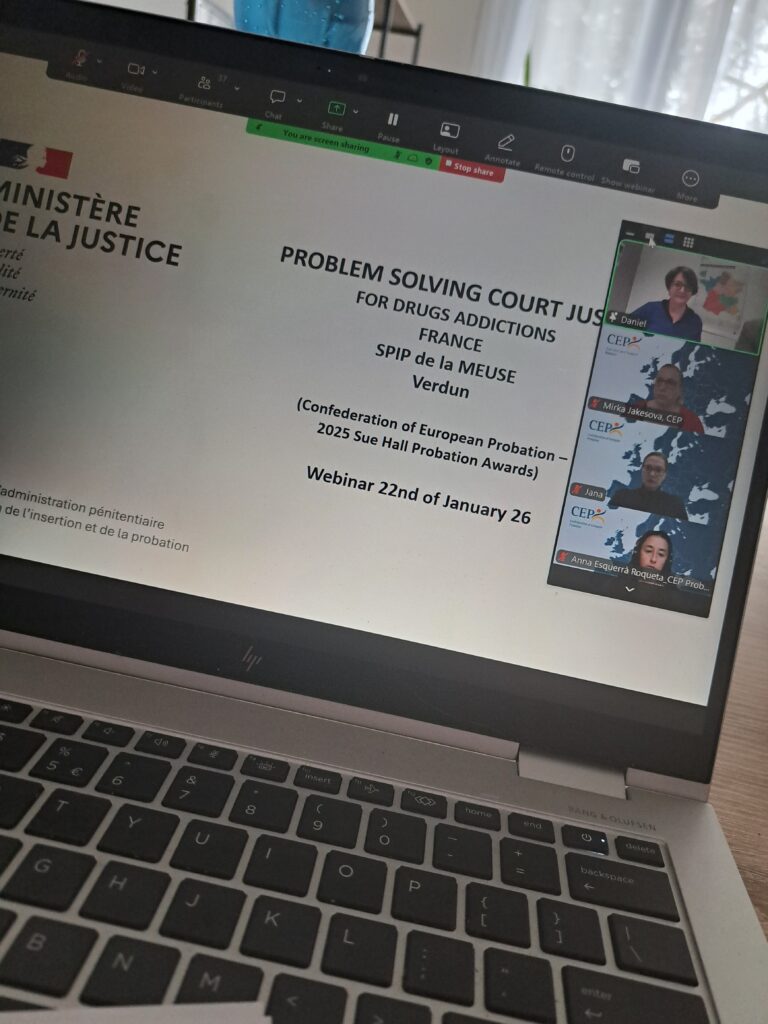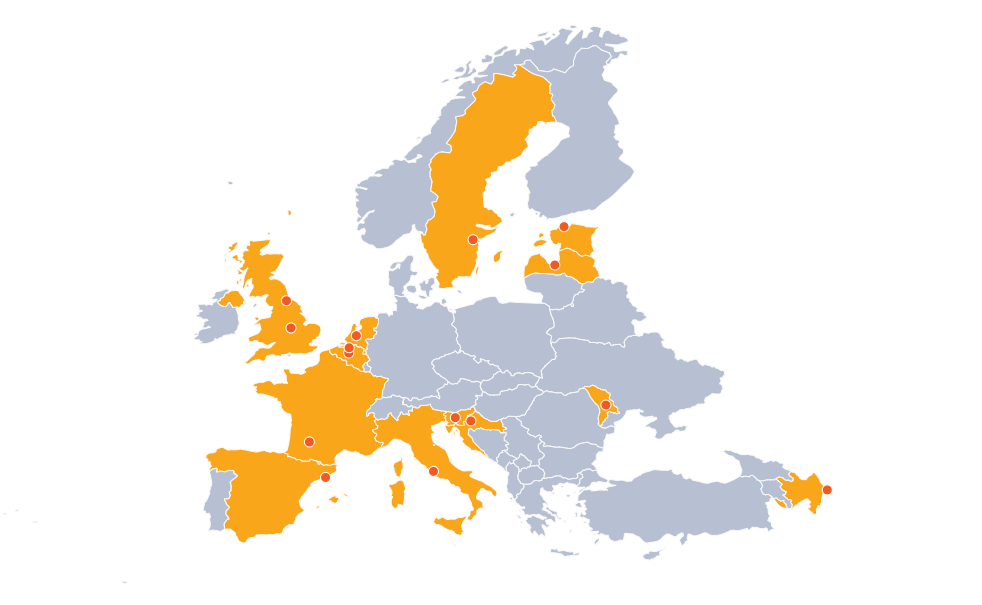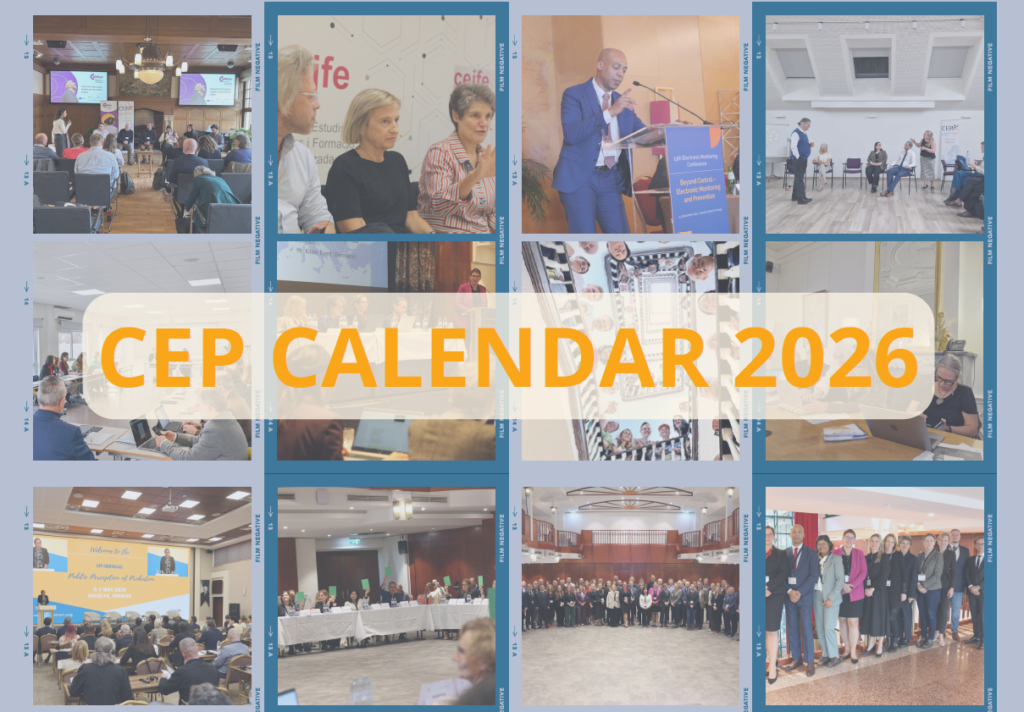Previous Article
News
Intervention Alliance publishes new research
A research by Interventions Alliance on Evidence-Led solutions to build better futures and wellbeing mentions that those who willingly engage in Restorative Justice (RJ) do so for a range of reasons.
For victims, these reasons seem to be linked with various questions that need answering in relation to the crime committed against them. Without answers to these questions, they may feel trapped and struggle to move forward with their lives. They may also wish to convey their thoughts, feelings, attitudes and dispositions in relation to the individual perpetrator of the offence. Some are motivated in part by an expectation that the perpetrator should accept the consequences of their actions.
There are multiple outcomes and impacts of RJ on both victims and perpetrators. Most victims are glad that they undertook the process, however emotionally depleting it may be. Both parties need support from RJ mediators to progress through the intervention. RJ seems effective across a range of offence types.
In conclusion, most victims and perpetrators within this study conveyed positive regard towards the process of RJ in procedural terms. However RJ is not appropriate for everyone and indeed poses challenges for a small minority of individuals, be they victim or perpetrator.
To read more click here.

Related News
Keep up to date with the latest developments, stories, and updates on probation from across Europe and beyond. Find relevant news and insights shaping the field today.
New

Alternatives to pre-trial detention, Community Sanctions and Measures, Framework Decisions, Technology
Future of Criminal Justice: CEP’s Contribution to Key 2025 Dialogues
27/01/2026
Throughout 2025, CEP and its representatives actively participated in the online Technical meetings ahead of the HLF as well as the High Level Forum on Future of Criminal Justice taking place on 4-5 March 2025, 20-21 May 2025 and 1-2 October 2025 in Brussels, Belgium.
Recap

Alternatives to pre-trial detention
Recap: Webinar on Alternatives to Detention 2026
26/01/2026
On Thursday 22 January, CEP hosted the first webinar of 2025 on the topic of Alternatives to Detention. The session led by Ms. Marina Pajoni from the French Prison and Probation Service titled „Problem Solving Justice in Pracitce: The Meuse Probation Service´s Approach to Drug Addiction“ introduced an innovative programme developed by the Meuse Probation Service in close cooperation with the French Ministry of Justice.
New

Education and Training
CEP launches an interactive European map of probation education and training institution contacts
22/01/2026
The CEP is pleased to inform its members that a new dedicated section has been developed on the CEP website featuring an interactive map of Europe.
New

CEP Events
CEP activity calendar 2026
20/01/2026
As we begin the new year, we would like to thank all CEP members, partners, and participants for your continued engagement and valuable contributions. Your involvement plays an essential role in shaping CEP’s work and activities.
We are pleased to share the CEP calendar for 2026, which provides an overview of the events planned for the year ahead. We look forward to continuing our collaboration and welcoming you to upcoming CEP activities throughout the year.
Thank you for being part of the CEP community.
New

CEP members, Gender-based violence
Interventions Alliance’s Eden House Recognized as Outstanding
15/01/2026
CEP is delighted to share that Eden House, an Interventions Alliance residential service for women with high-risk or complex needs on probation, has been rated “Outstanding” overall by HM Inspectorate of Probation. In 2022, Eden House was honored with the CEP Public Protection Award. Our sincere congratulations to the team for this remarkable achievement.
New

Education and Training
The Judicial Training Dashboard
14/01/2026
The European Training Platform (ETP) is a search tool for justice professionals. You can find self-learning materials on a great variety of EU law practice areas and related topics, as well as links to training providers’ homepages and course catalogues.
Subscribe to our bi-monthly email newsletter!
"*" indicates required fields
- Keep up to date with important probation developments and insights.

